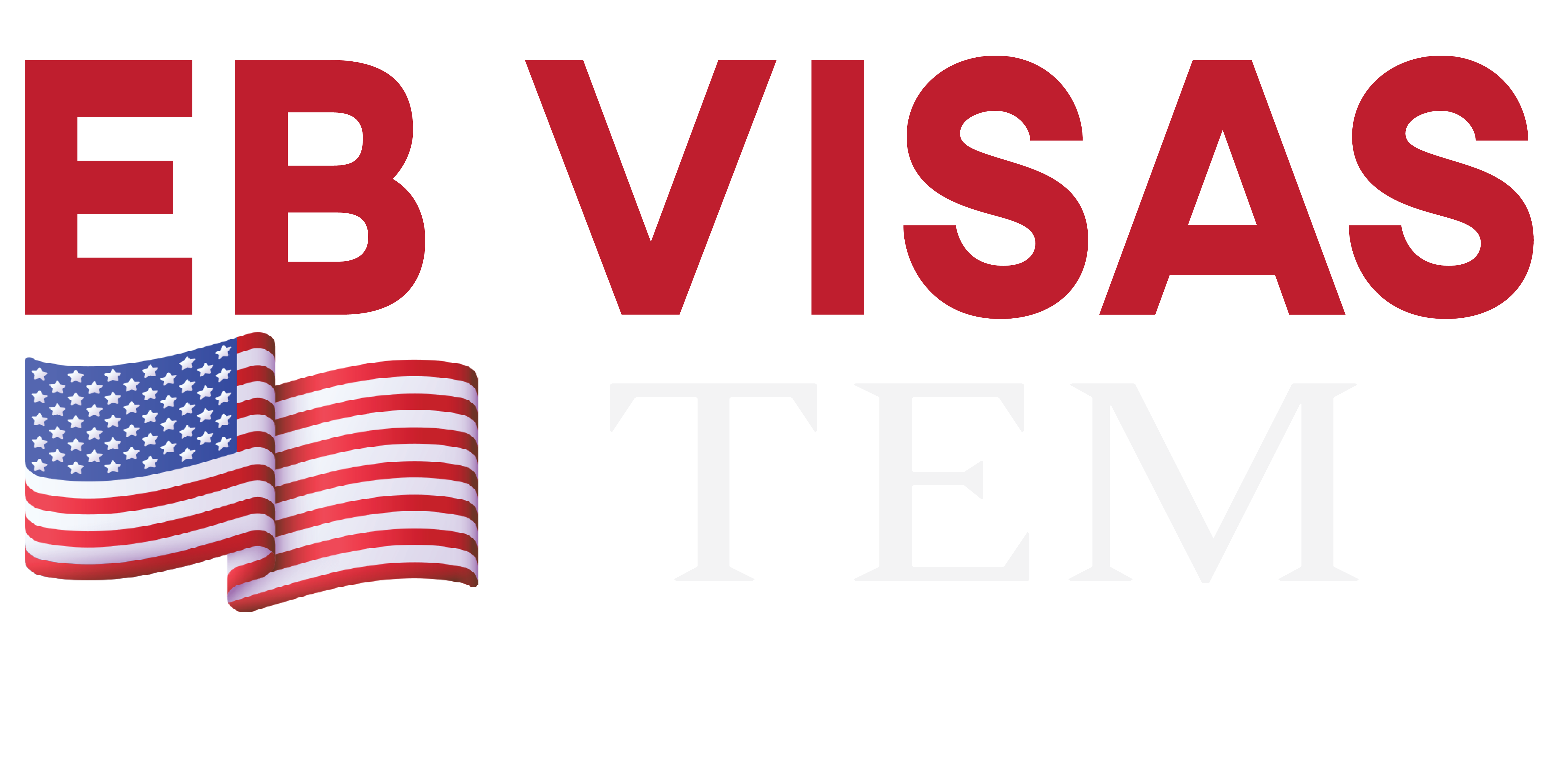U.S. Immigration Solutions for Exceptional STEM Professionals

Reunite with Loved Ones Through a Family-Based Green Card
The family-based Green Card is a vital pathway for U.S. citizens and lawful permanent residents to bring their loved ones to live and work permanently in the United States. This immigration option is designed to reunite families and provide them with the opportunity to thrive together. Whether you’re petitioning for a spouse, child, parent, or sibling, understanding the Green Card process is crucial for success. This guide outlines eligibility, the application process, and the benefits of the family-based Green Card to help you navigate every step with confidence.
What is a Family-Based Green Card?
A family-based Green Card allows eligible relatives of U.S. citizens or lawful permanent residents (LPRs) to become lawful permanent residents themselves. Once approved, Green Card holders can live, work, and study in the United States permanently.
There are two primary categories of family-based Green Cards:
- Immediate Relatives: For spouses, unmarried children under 21, and parents of U.S. citizens.
- Family Preference Categories: For more distant relatives, such as siblings or married children of U.S. citizens and certain relatives of LPRs.
Who Can Apply for a Family-Based Green Card?
Eligibility depends on the petitioner’s immigration status and their relationship to the beneficiary:
1. Immediate Relatives of U.S. Citizens:
- Spouse
- Parent (if the U.S. citizen is over 21)
- Unmarried child under 21
2. Family Preference Categories:
- F1: Unmarried adult children of U.S. citizens.
- F2A: Spouses and unmarried children of LPRs.
- F2B: Unmarried adult children of LPRs.
- F3: Married children of U.S. citizens.
- F4: Siblings of U.S. citizens (if the petitioner is over 21).
Benefits of a Family-Based Green Card
- Permanent Residency: Live and work anywhere in the United States.
- Pathway to Citizenship: Green Card holders can apply for U.S. citizenship after a specific period.
- Access to Opportunities: Eligibility for federal benefits, education, and employment.
Step-by-Step Guide to the Family-Based Green Card Process
- File Form I-130 (Petition for Alien Relative): The petitioner, a U.S. citizen or LPR, submits Form I-130 to U.S. Citizenship and Immigration Services (USCIS) to establish the qualifying relationship.
- Proof of the petitioner’s U.S. citizenship or LPR status (passport, Green Card, or naturalization certificate).
- Evidence of the relationship (e.g., marriage certificate, birth certificates, or adoption records).
- Proof of any name changes or additional documentation for complex relationships.
- Wait for Petition Approval: USCIS reviews the I-130 petition. Processing times vary depending on the relationship and visa availability.
- Apply for Adjustment of Status or Consular Processing:
- Adjustment of Status (AOS): For beneficiaries already in the U.S., file Form I-485 to adjust to permanent resident status.
- Consular Processing: For beneficiaries outside the U.S., the National Visa Center (NVC) processes the case, and the beneficiary attends an interview at a U.S. Embassy or Consulate.
- Complete the Medical Examination: Undergo a medical exam by a USCIS-approved physician and submit Form I-693 as part of the application.
- Attend the Green Card Interview: The interview is a critical step where USCIS or a consular officer verifies the relationship and eligibility. Be prepared to answer questions about your relationship, background, and intentions.
- Receive the Decision: Upon approval, the beneficiary receives their Green Card and can begin their new life in the United States.
Common Challenges with Family-Based Green Card Applications
- Proving Genuine Relationships: Applications require detailed evidence to prove relationships, such as photographs, correspondence, or joint financial accounts.
- Meeting Financial Requirements: Petitioners must meet minimum income levels to sponsor a relative. Filing Form I-864 (Affidavit of Support) demonstrates financial capability.
- Overcoming Complex Situations: Cases involving prior immigration violations, criminal history, or inadmissibility require additional legal support.
How Larhdel Law Can Help You Succeed
- Petition Preparation: Ensuring all forms and documents are accurate and complete.
- Relationship Evidence Assistance: Helping you compile strong evidence to prove genuine relationships.
- Interview Coaching: Preparing petitioners and beneficiaries for USCIS or consular interviews.
- Overcoming Challenges: Addressing inadmissibility issues, waivers, or complex cases.
Contact us at 310 943 6352 to simplify your Green Card process and keep your family together.
Real-Life Success Stories
- Case 1: Reuniting a Spouse After Years Apart: A U.S. citizen petitioned for their spouse living abroad. We provided guidance on collecting evidence of their genuine relationship, ensuring quick approval.
- Case 2: Overcoming Financial Barriers: An LPR needed to sponsor their unmarried child but struggled to meet income requirements. We advised them on joint sponsorship, successfully resolving the issue.
- Case 3: Navigating Consular Challenges: A parent of a U.S. citizen faced delays at a consular interview due to incomplete documents. Our team stepped in to provide the missing paperwork, leading to approval.
Call to Action
Reuniting with loved ones through a family-based Green Card is a life-changing opportunity. Don’t let application challenges hold you back. Contact an experienced immigration attorney today at 310 943 6352 to ensure your application is successful. Let Larhdel Law guide you every step of the way.
Fill out the form below.